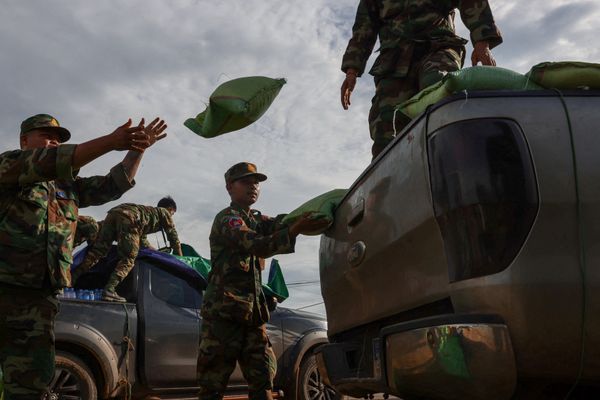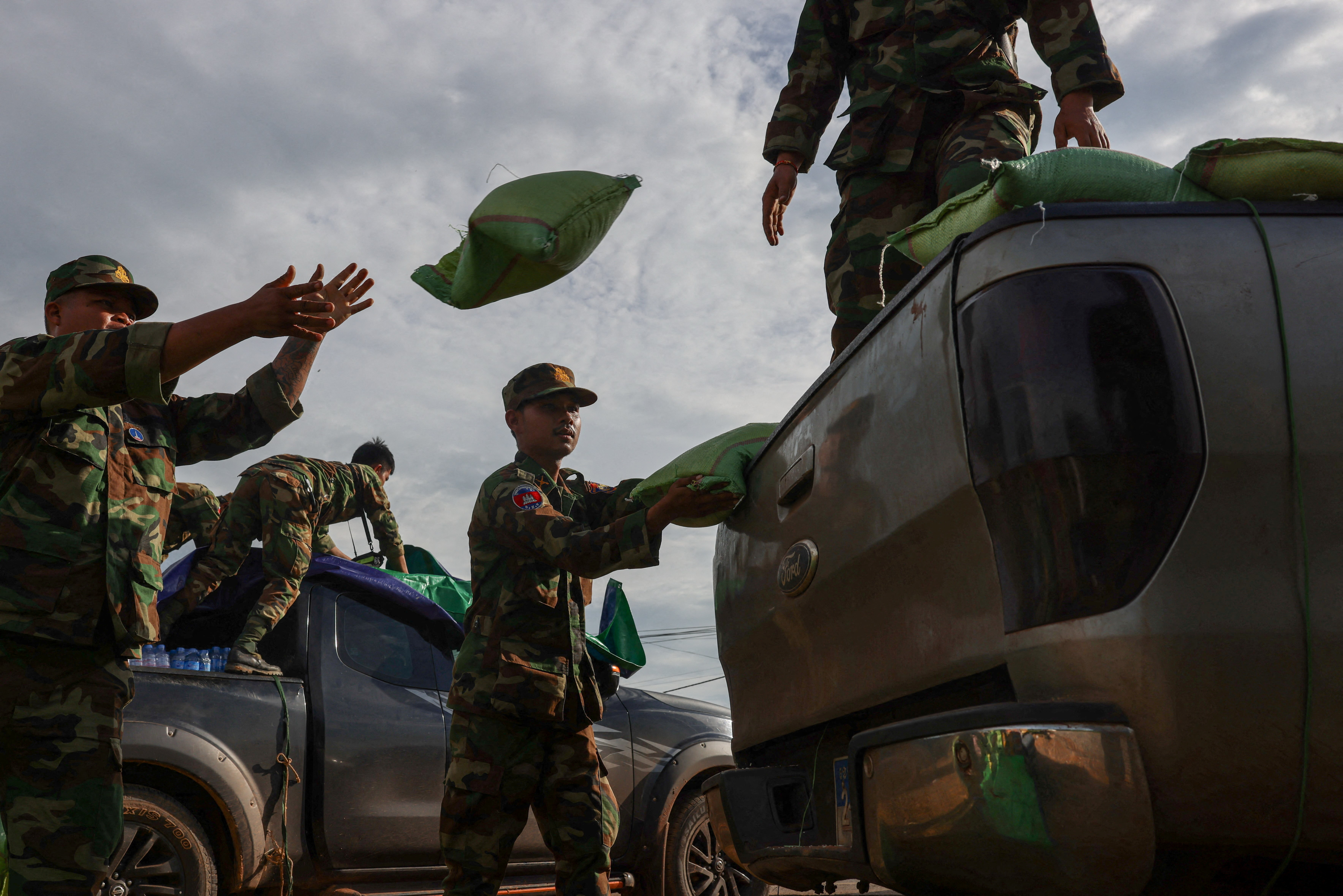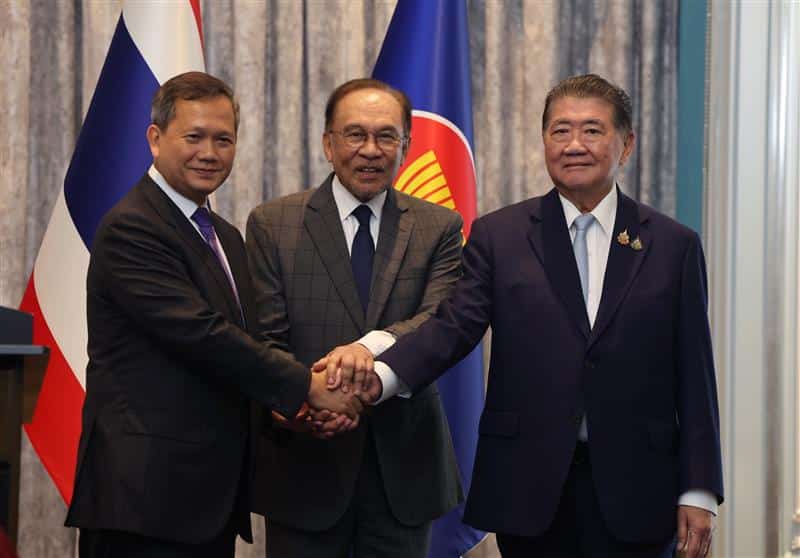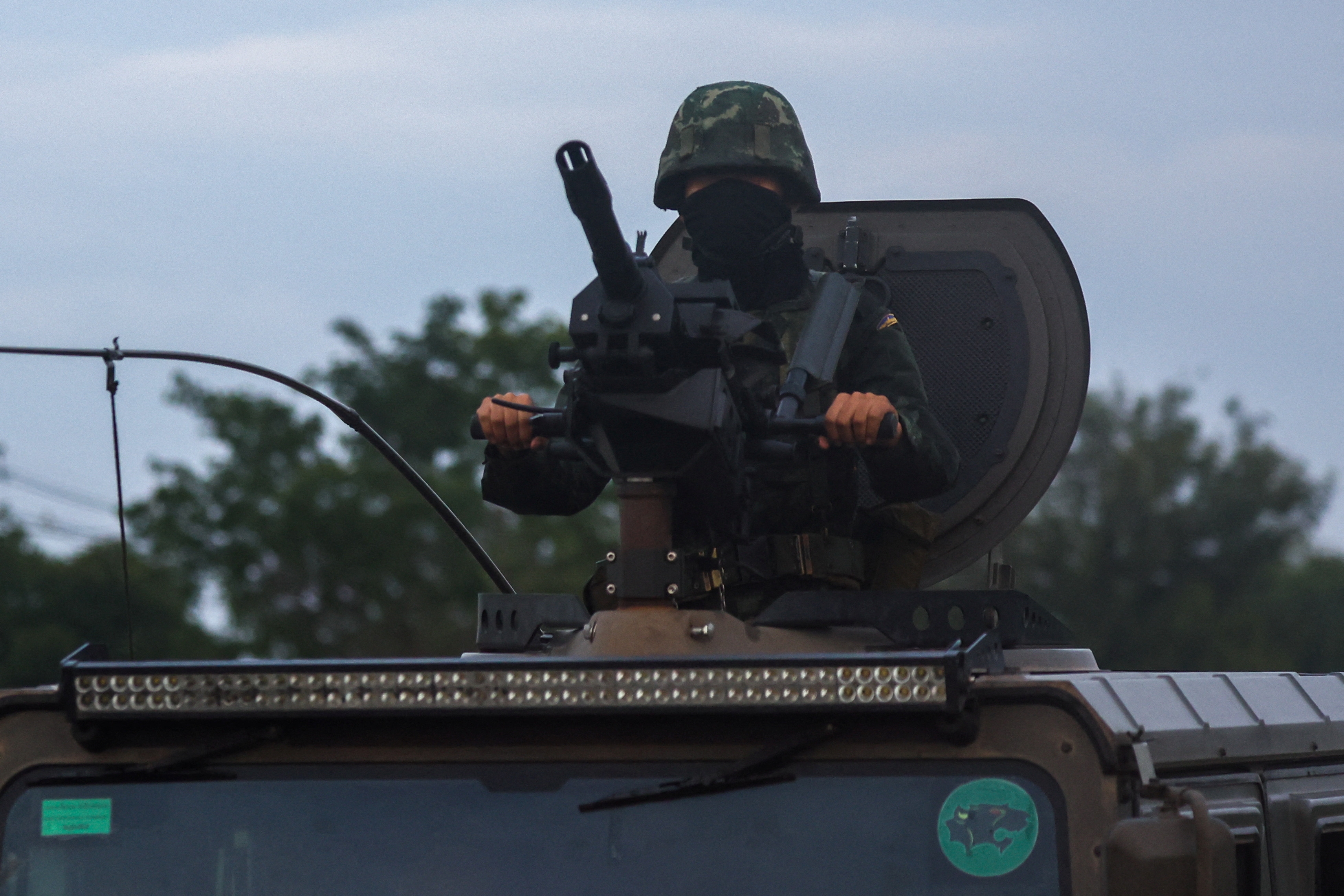PHNOM PENH, Aug 3 — Cambodia’s National Defence Ministry has announced today that an interim Asean Defence Attaché Observer Team, led by Malaysia, will monitor the implementation of the ceasefire in Oddar Meanchey and Preah Vihear provinces.
The team consists of military attaches from seven member states — Malaysia, Indonesia, Laos, Myanmar, the Philippines, Singapore, and Vietnam — will conduct field observations starting today.
Meanwhile, Cambodian top negotiators will head to Kuala Lumpur for the General Border Committee (GBC) negotiations, where the release of 18 soldiers held captive by the Thai Army likely at the top of their agenda.
The soldiers are being held following a border conflict between the countries that erupted on July 24.
The bilateral talks, scheduled from tomorrow (August 4) to Thursday (August 7), are part of a ceasefire agreement reached between Cambodia and Thailand on July 28, which led to temporary de-escalation and pushed back soldiers to their barracks.
The GBC talks are being hosted by Malaysia in its capacity as the 2025 Asean chair, and take place within the framework of the Asean and internationally backed ceasefire.
Cambodia is shoring up diplomatic support by inviting foreign missions based in Phnom Penh to observe the implementation of the ceasefire along the border in Oddar Meanchey and Siem Reap provinces.
Over 20 diplomats and representatives from various United Nations (UN) agencies participated in these inspection visits on Friday and Saturday.
“It underscores Cambodia’s steadfast commitment to international law, de-escalation and continued adherence to the Asean Charter, the UN Charter, and the ceasefire agreement.
“Cambodia looks forward to advancing de-escalation efforts through the upcoming General Border Committee meeting,” Foreign Affairs and International Cooperation Ministry spokesman Chum Sounry told a press briefing yesterday.
The armed confrontation that broke out on July 24 and lasted for five days triggered a diplomatic pause between Cambodia and Thailand, two neighbours that have yet to resolve their 817-kilometre border dispute dating back to 1907.
The International Relations Institute of Cambodia's director-general Kin Phea emphasised that both governments must honour the ceasefire agreement if lasting peace is to be achieved in the region.
“Both sides must maintain utmost restraints and resolve the conflict peacefully under legal frameworks and mechanisms, and both sides must fully and consistently respect international law and the UN Charter,” he told Bernama.
The dispute caused over 170,000 Cambodians to vacate their homes in several northern provinces.






